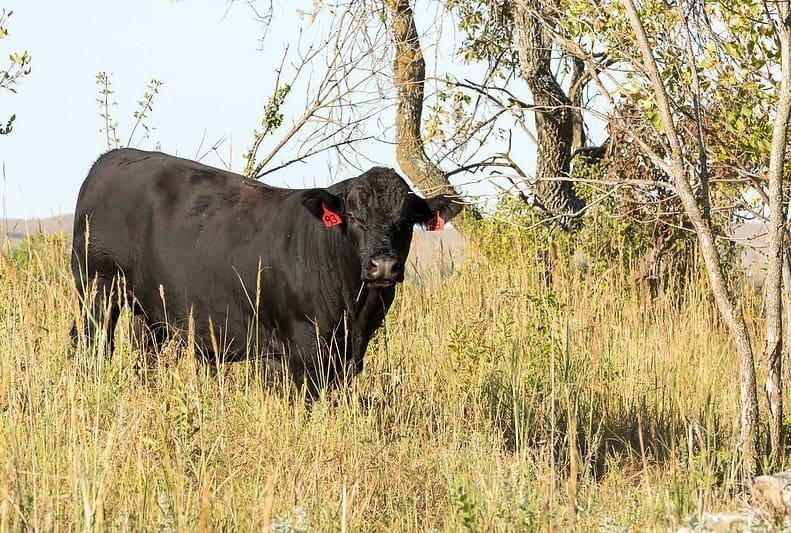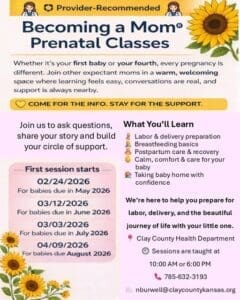In a recent episode of the Cattle Chat podcast, veterinarians Bob Larson and Brian Lubbers discussed the longevity of bulls in herds, particularly those returning from summer breeding pastures in spring calving herds. Larson noted that in single-sire herds where replacement heifers are kept, bulls need to be replaced more often to prevent breeding their daughters. In larger herds where mating is controlled, bulls can remain for 4 to 6 years or longer.
He emphasized the importance of annual breeding soundness exams at the beginning of the breeding season, as bull fertility declines with age, along with an increased likelihood of musculoskeletal issues, which can result in foot and leg problems.
Lubbers pointed out that fall is an ideal time to assess bulls’ hooves since hoof growth slows during winter. Routine hoof trimming is advisable in the fall to allow for recovery from any injuries, ensuring bulls are ready for the breeding season.
On the nutrition front, K-State beef cattle nutritionist Phillip Lancaster shared that yearling and two-year-old bulls require a higher quality diet than mature bulls outside the breeding season. They may not need supplements unless they lost significant weight during breeding and need to regain condition. Mature bulls have lower nutritional requirements, allowing them to be fed lower quality hay.
Lancaster also recommended separating bulls from cows when not in the breeding season to prevent bulls from becoming over-conditioned by consuming cow supplements.













